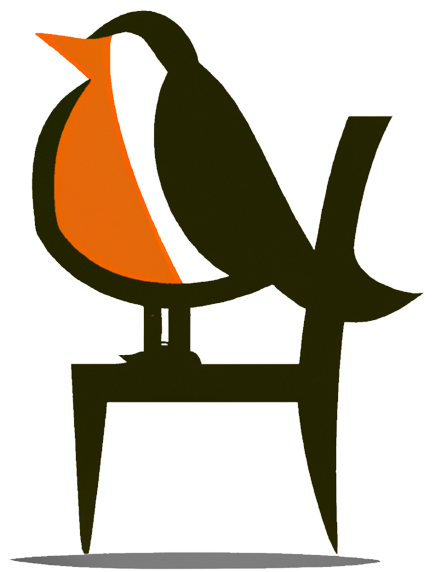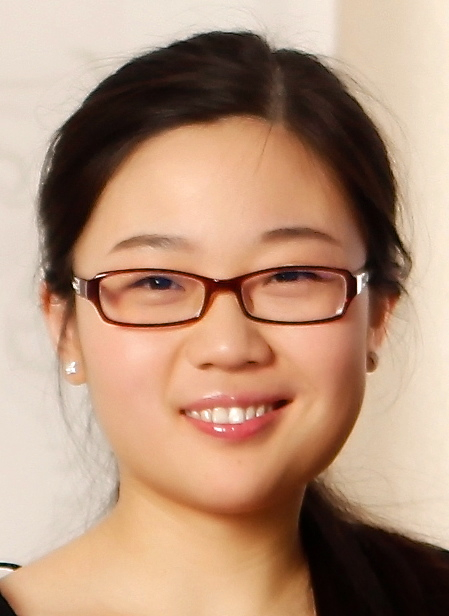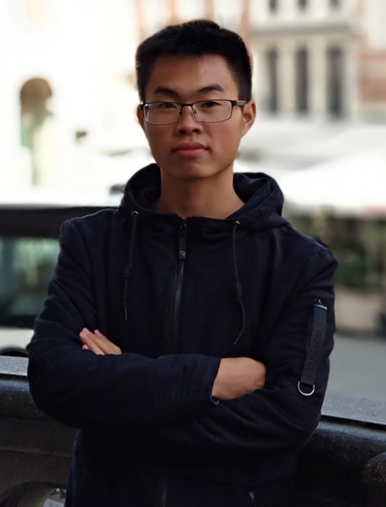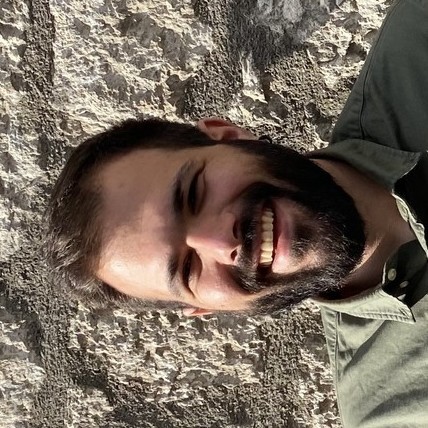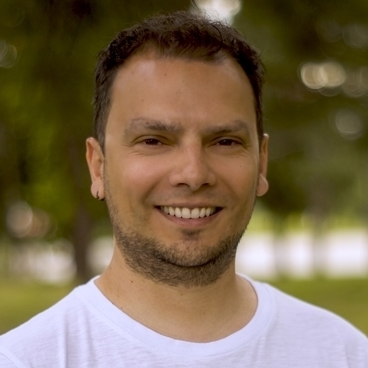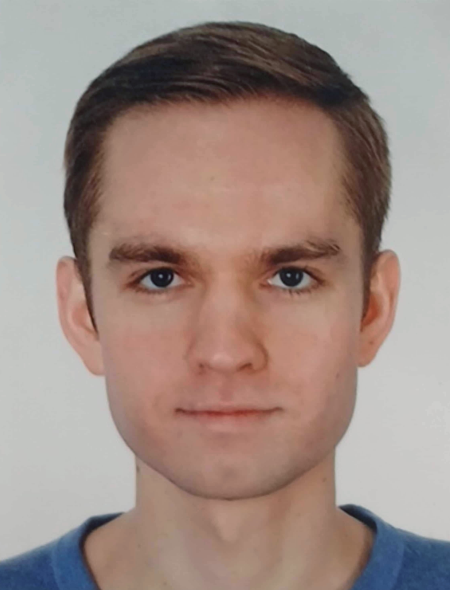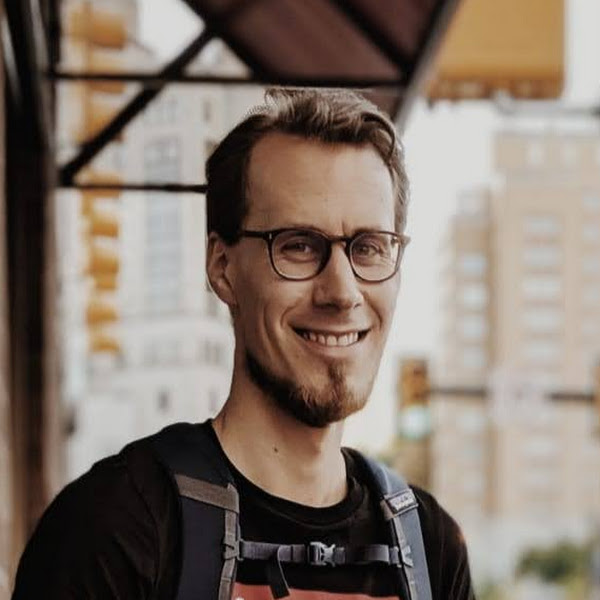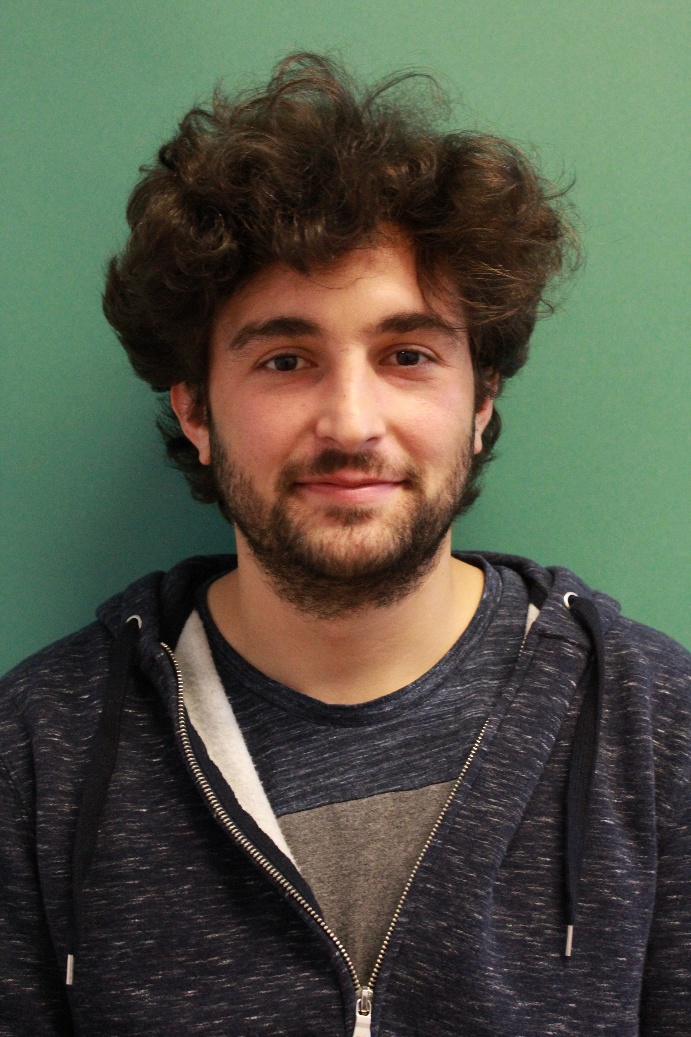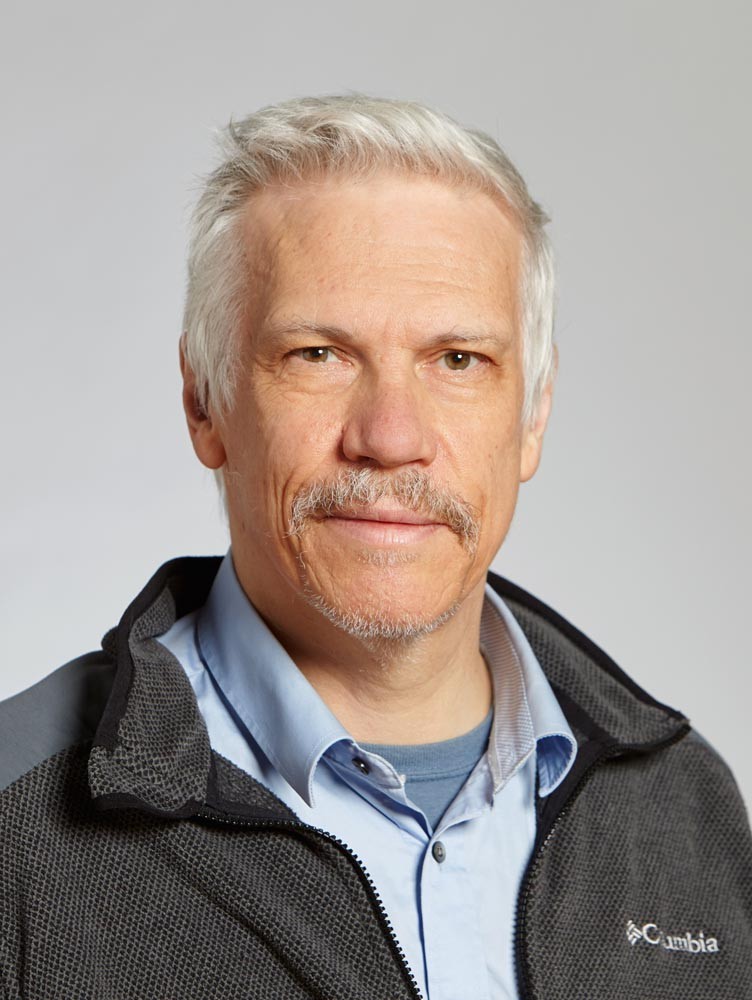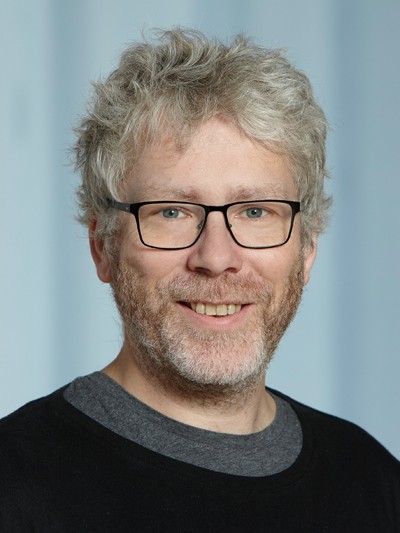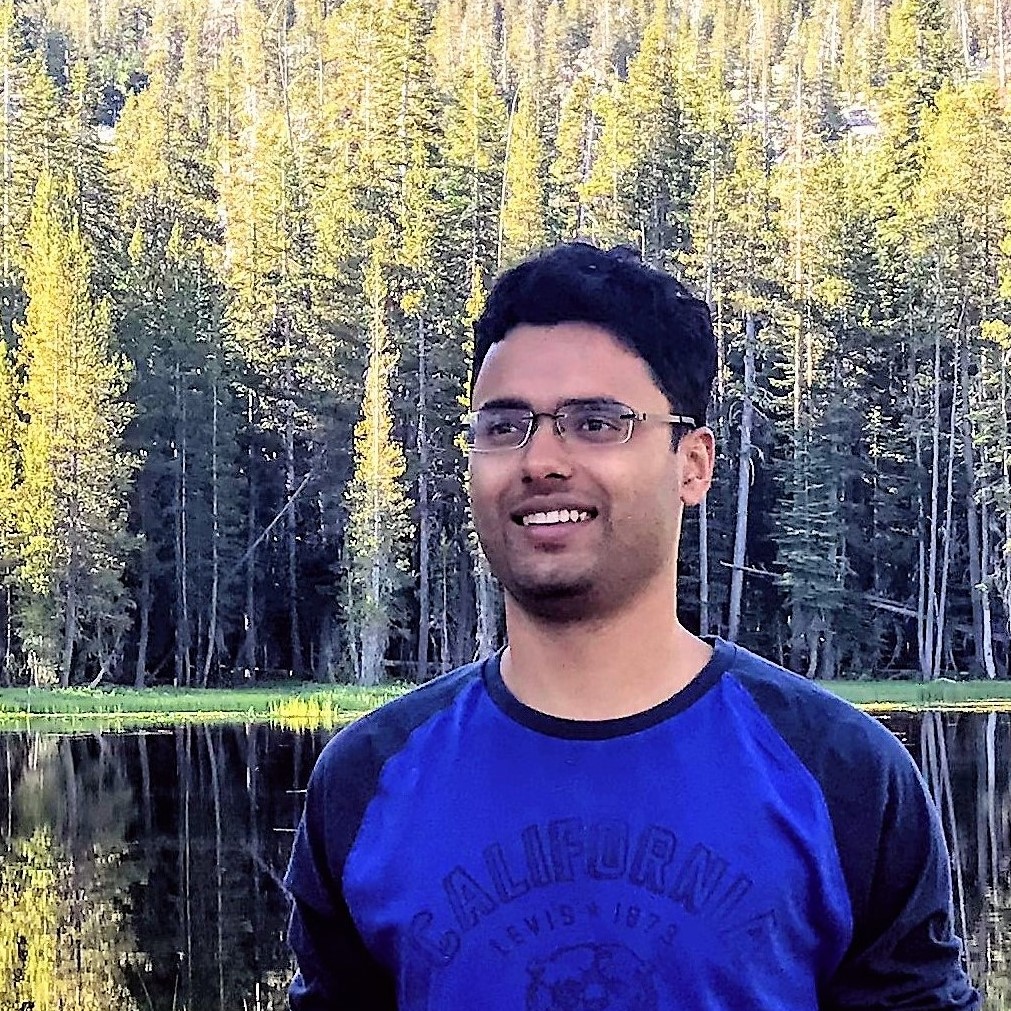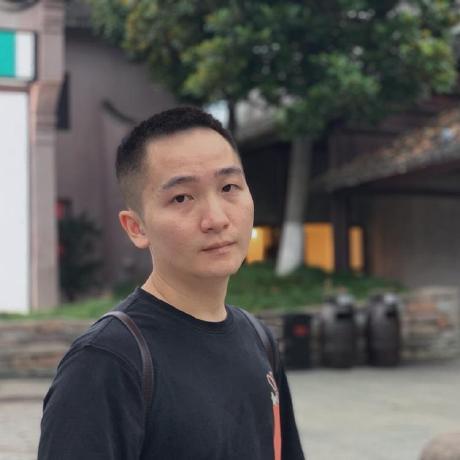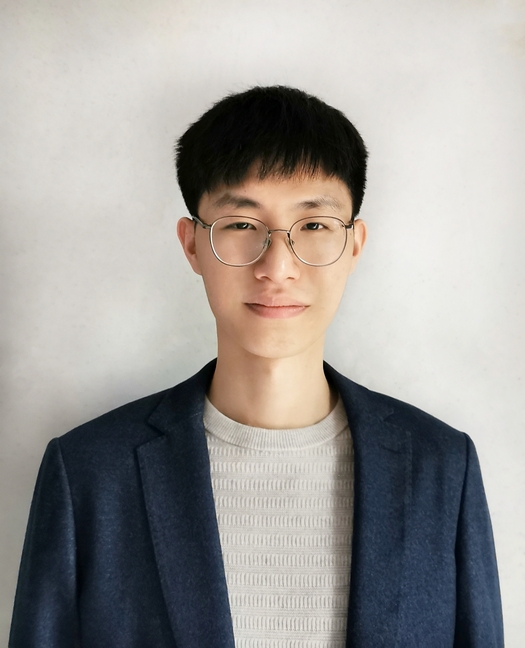Introduction
Following the success of the first and second Rhobin workshop at CVPR'23 and CVPR'24, this third half-day Rhobin workshop will continue providing a venue to present and discuss state-of-the-art research in the reconstruction of human-object interactions from images. The focus of this third workshop will go beyond image-based interaction reconstruction, extend to interaction tracking over time, and seek connections to relevant topics such as egocentric vision and dynamic scene interactions. The third Rhobin challenge will feature five tracks in total with tasks on human-object interaction tracking and image-based contact estimation, using datasets InterCap, DAMON, and BEHAVE.
Humans are in constant contact with the world as they move through it and interact with it. To better understand how humans interact with the world, it is crucial to estimate human poses, shapes, and movements. 3D Human Pose and Motion estimation from images or videos has attracted a lot of interest. However, in most cases, the task does not explicitly involve objects and the interaction with them. Whether it is 2D detection and/or monocular 3D reconstruction, objects and humans have been mostly studied separately. Considering the interaction between them can marry the best of both worlds.
Participation details of the Rhobin Challenge and paper submission can be found below.
Invited Speakers (Check out the Full Schedule)
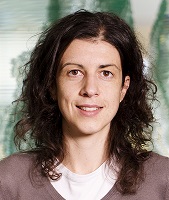 |
 |
 |
 |
Federica Bogo |
Eric Yi |
Angela Yao |
Jiajun Wu |
| |
|
|
|
Call for Papers
In this workshop, we invite papers on topics related to human-centered interaction modeling. This could include, but is not limited to:
- Estimation of 3D human pose and shape from images or video
- 3D human motion prediction
- Interactive motion sequence generation
- Interactive motion sequence generation/synthesis
- Shape reconstruction from a single image
- Object 6-DoF pose estimation and tracking
- Human-centered object semantics and functionality modeling
- Joint reconstruction of bodies and objects/scenes
- Interaction modeling between humans and objects, e.g., contact, physics properties
- Detection of human-object interaction semantics
- New datasets or benchmarks that have 3D annotations of both humans and objects/scenes
- Detection of holistic and/or semantic contact and downstream applications
- Estimation and modeling of physics and biomechanical properties
- Tracking human-object interactions in 2D/3D
- Template free interaction reconstruction
- Semantic 3D contact estimation
We invite submissions of a maximum of 8 pages, excluding references, using the CVPR template. Submissions should follow CVPR 2025 instructions. All papers will be subject to a double-blind review process, i.e. authors must not identify themselves on the submitted papers. The reviewing process is single-stage without rebuttals. We also invite 1-page abstract submissions of already published works or relevants works in progress.
Submission Instructions
Submissions are anonymous and should not include any author names, affiliations, and contact information in the PDF.
- Online Submission System: https://openreview.net/group?id=thecvf.com/CVPR/2025/Workshop/RHOBIN
Timeline Table (11:59 PM, Pacific Time)
- Submissions open: February 20, 2025
- Submission deadline: March 17, 2025
- Notification to authors: March 31, 2025
- Camera-ready deadline: April 7, 2025
The Third Rhobin Challenge
Given the importance of human-object interaction, as also highlighted by this workshop, we propose a challenge on reconstructing 3D human and object and estimating 3D human-object and human-scene contact, from monocular RGB images. We have seen promising progress in reconstructing human body meshes or estimating 6DoF object pose from single images. However, most of these works focus on occlusion-free images which are not realistic for settings during close human-object interaction since humans and objects occlude each other. This makes inference more difficult and poses challenges to existing state-of-the-art methods. Similarly, methods estimating 3D contacts have also seen rapid progress, but are restricted to scanned or synthetic datasets, and struggle with generalization to in-the-wild scenarios. In this workshop, we want to examine how well the existing human and object reconstruction and contact estimation methods work under more realistic settings and more importantly, understand how they can benefit each other for accurate interaction reasoning. The recently released BEHAVE (CVPR'22), InterCap (GCPR’22) and DAMON (ICCV’23) datasets enable joint reasoning about human-object interactions in real settings and evaluating contact prediction in the wild.
Challenge website
- 3D human reconstruction track
- Object 6DoF pose estimation track
- Joint human object reconstruction
- Template-free interaction reconstruction
- Tracking human-object interaction
- 3D human contact prediction
- Semantic 3D contact prediction from RGB images
Important dates
- Challenge open: TBD
- Submission deadline: TBD
- Winner award: TBD
Workshop Organizers
Challenge Organizers
Committee Members
Nikos Athanasiou, MPI Intelligent Systems, Germany
Dimitrije Antic, University of Amsterdam, Netherlands
George Paschalidis, University of Amsterdam, Netherlands
Sammy Christen, Disney Research, Switzerland
Zicong Fan, ETH Zurich, Switzerland
Bharat Lal Bhatnagar, Meta, Switzerland
Muhammed Kocabas, Meshcapade, Germany
Otmar Hilliges, ETH Zurich, Switzerland
Chun-Hao Paul Huang, Adobe London, UK
Yannan He, University of Tübingen, Germany
Jiaxi Jiang, ETH Zurich, Switzerland
Chuqiao Li, University of Tübingen, Germany
Bowen Wen, NVIDIA, USA
Kaichun Mo, NVIDIA, USA
Ilya Petrov, University of Tübingen, Germany
Gerard Pons-Moll, University of Tübingen and MPI, Germany
Omid Taheri, MPI-IS, Germany
Purva Tendulkar, Columbia University, USA
Anh N. Thai, Georgia Tech, USA
Shashank Tripathi, MPI Intelligent System, Germany
Dimitrios Tzionas, University of Amsterdam, Netherlands
Julien Valentin, Microsoft, Switzerland
Luc Van Gool, ETH Zurich, Switzerland
Xi Wang, ETH Zurich, Switzerland
Xianghui Xie, MPI, Germany
Yuxuan Xue, University of Tübingen, Germany
Xiaohan Zhang, University of Tübingen, Germany
Keyang Zhou, University of Tübingen, Germany
Alexey Gavryushin, ETH Zurich, Switzerland
Marc Pollefeys, ETH Zurich, Switzerland
Chenfeng Zhao, ShanghaiTech University, China
Lan Xu, ShanghaiTech University, China
Juze Zhang, ShanghaiTech University, China
Enric Corona, Google DeepMind, Switzerland
Chengfeng Zhao, ShanghaiTech University, China
Nikos Kolotouros, Google DeepMind, Switzerland
Niklas Berndt, MPI, Germany
Andrea Sanchietti, University of Tübingen, Germany
Xiaozhong Lyu, ETH Zurich, Switzerland
Nikita Kister, University of Tübingen, Germany
Alvaro Budria, University of Amsterdam
Enes Duran, MPI, Germany
Contact Info
E-mail: rhobinchallenge@gmail.com
Sponsors
Gold Sponsors
 |
Silver Sponsors
 |
Acknowledgements
Website template borrowed from: https://futurecv.github.io/ (Thanks to Deepak Pathak)
